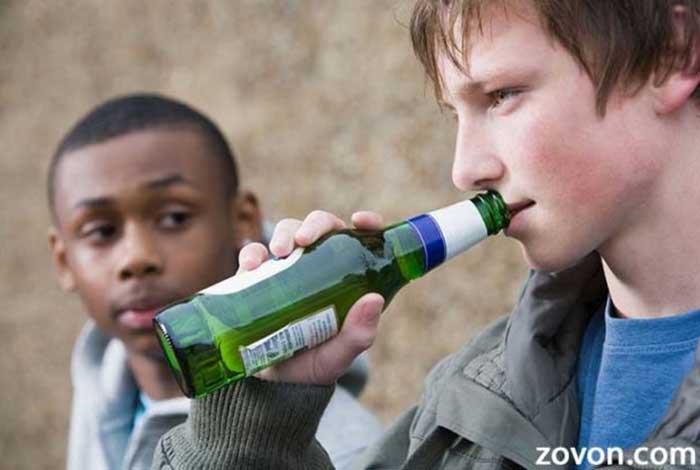
Drinking at an early age causes neuropsychological and neurocognitive damage

The number of drinking adolescents has decreased in the last 10 years, but still over 20 percent of U.S. high-school students drink alcohol before attaining the age of 14 years. This can leave a negative impact on their neurodevelopment. For example, youth, who start drinking alcohol before 14 have four times higher chances to develop psychosocial, psychiatric and substance-use complications as compared to youth, who begin drinking after the age of 20. There is less knowledge about the relation between the age of starting alcohol use and its influence on brain development. This is the possibly the first research to examine the link between age of adolescent drinking onset and neurocognitive performance; in the light of pre-existing cognitive function.
The study include data from a longitudinal research on the neurocognitive effects of substance use in adolescents. The participants were 215 adolescents, comprising 127 boys and 88 girls. The participants had minimal experience of alcohol consumption and underwent neuropsychological tests that were repeated an average of 6.8 years later. The researchers tested whether earlier age of drinking onset for first and weekly consumption of alcohol negatively affected neurocognition, when controlling for familial and socioenvironmental factors along with severity of substance use.
Findings of the study indicated that an earlier onset of drinking increases the chance of alcohol-related neurocognitive problems, and any kind of alcohol consumption at a younger age elevates the chance of consecutively degrading neuropsychological functioning. The study showed that drinking at an earlier age led to poorer performance in the psychomotor speed and visual attention domains. According to the study authors, the findings of the research important because it would help in amending public policies for legal age of drinking and developing strategies for prevention.




